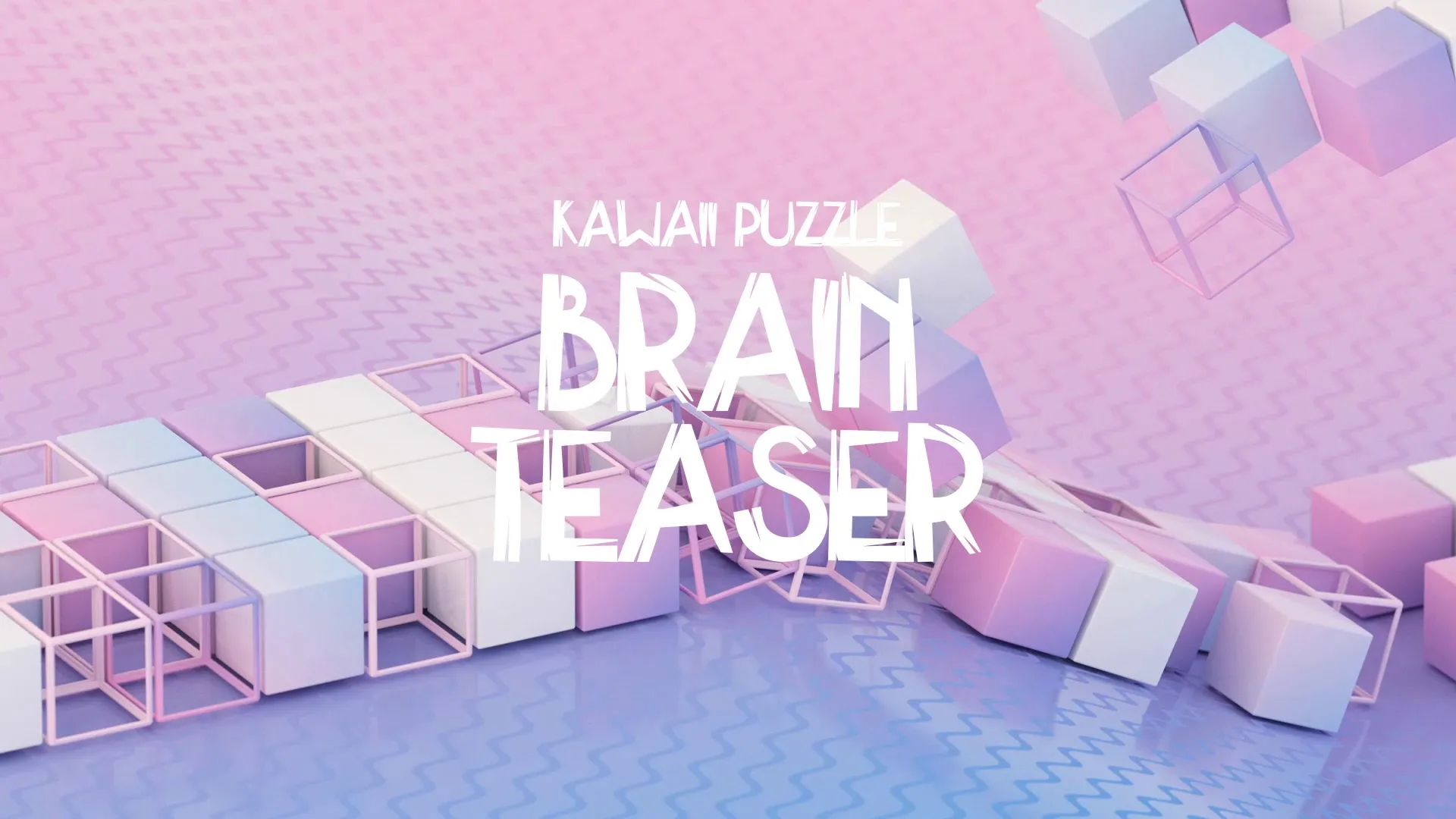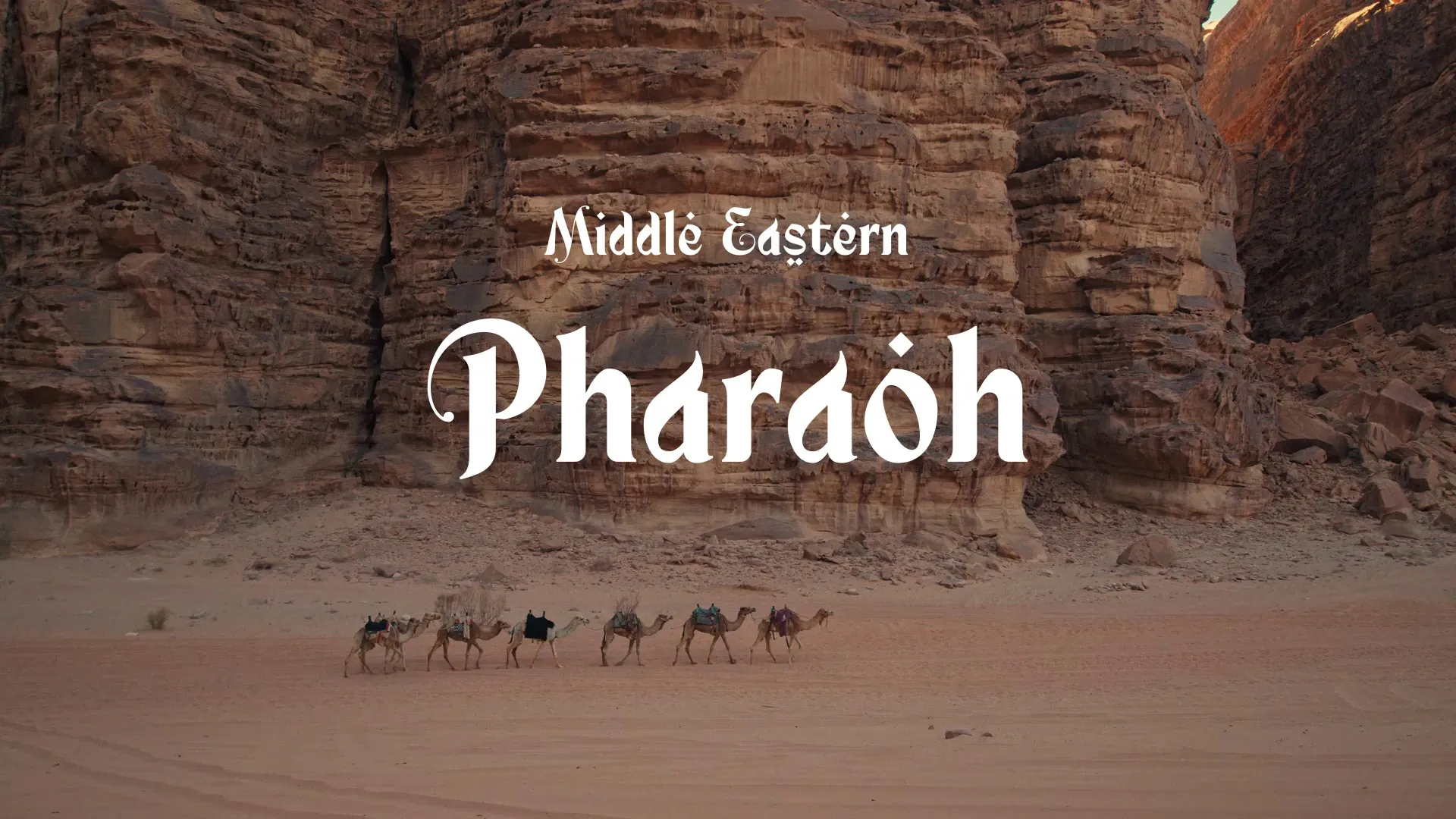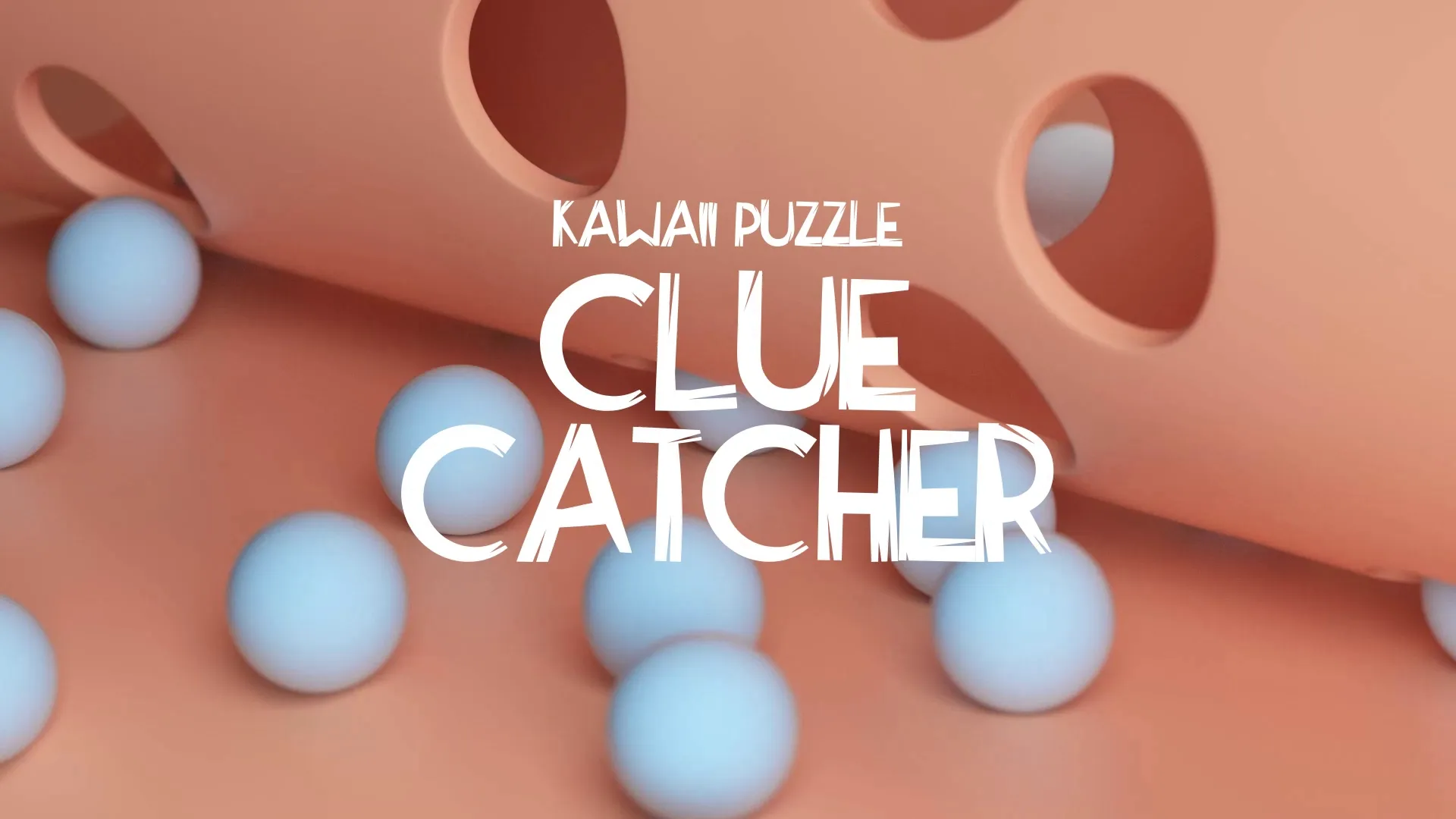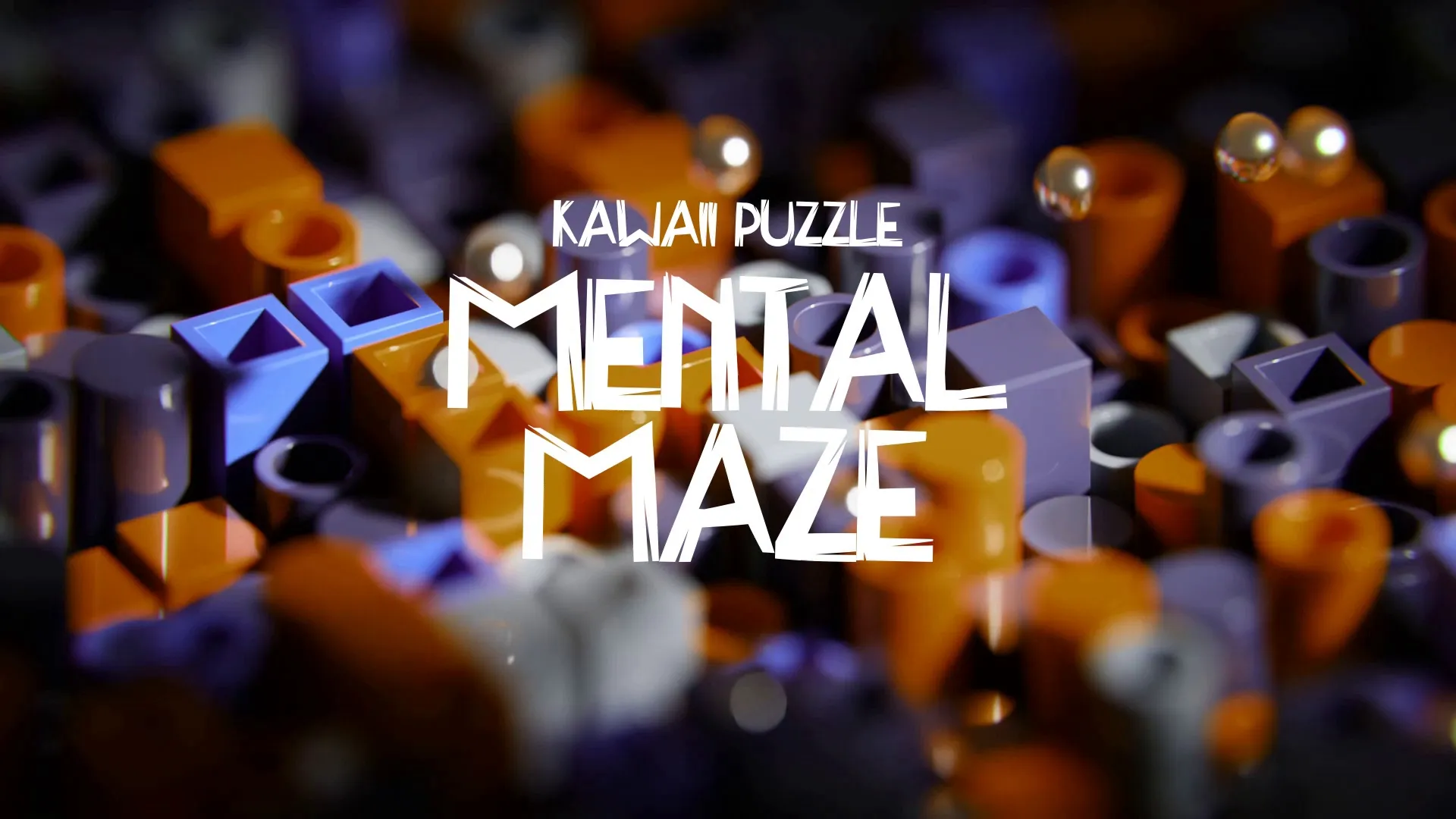Mastering Game Dev Project Management: Tools & Tips for Small Teams
Mastering Game Dev Project Management: Tools & Tips for Small Teams
Small game development teams face unique project management challenges. Limited resources, tight deadlines, and complex creative tasks demand efficient strategies to stay on track. Effective project management is not just about tracking tasks; it’s about maintaining momentum and ensuring your vision comes to life.
The Unique Hurdles of Small Game Dev Teams
Small teams often wear many hats, blurring the lines between roles. This can lead to scope creep, communication breakdowns, and burnout if not managed proactively. The absence of dedicated project managers means everyone needs to adopt a project-oriented mindset.
Avoiding Scope Creep and Feature Bloat
One common pitfall is the temptation to add ‘just one more feature.’ This leads to an ever-expanding project that never truly finishes. Define your core mechanics early and stick to them rigorously.
Streamlining Communication Channels
Informal communication, while natural in small teams, can lead to missed information. Establish clear channels for daily updates, decision-making, and feedback. Tools for quick check-ins are crucial.
Essential Project Management Principles for Indies
Adopting a few core principles can drastically improve your team’s efficiency. Focus on clarity, adaptability, and consistent progress over perfection.
Define Clear Goals and Milestones
Every project needs a destination. Break down your game’s development into measurable milestones, each with specific, achievable goals. This provides a roadmap and allows for regular progress assessment.
Embrace Iterative Development
Game development is inherently iterative. Plan for cycles of design, implementation, testing, and refinement. This approach helps catch issues early and allows for continuous improvement based on feedback.
Prioritize Ruthlessly
Not all tasks are created equal. Use a prioritization framework (like MoSCoW: Must-have, Should-have, Could-have, Won’t-have) to focus on what truly matters for your game’s core experience. This prevents getting bogged down in low-impact tasks.
Tools to Boost Your Team’s Productivity
Leveraging the right tools is critical for small teams to manage complex projects without extensive overhead. These tools help centralize information and automate routine processes.
Dedicated Task Tracking Software
Spreadsheets can only go so far. A dedicated task tracker is essential for visualizing progress, assigning responsibilities, and setting deadlines. Momentum is designed specifically for game developers, helping you organize tasks, track progress, and maintain focus from concept to prototype.
Version Control Systems
For code and assets, a robust version control system like Git or Perforce is non-negotiable. It prevents conflicts, allows for easy rollbacks, and facilitates collaborative work. This is crucial for managing game development assets effectively.
Communication Platforms
Centralized communication is key. Platforms like Discord or Slack allow for organized channels, quick discussions, and file sharing. Integrate these with your task tracker for seamless updates.
Practical Tips for Maintaining Momentum
Beyond tools, daily habits and team practices significantly impact project success. Consistency and clarity are your biggest allies.
Create a free account, or log in.
Gain access to free articles, game development tools, and game assets.























